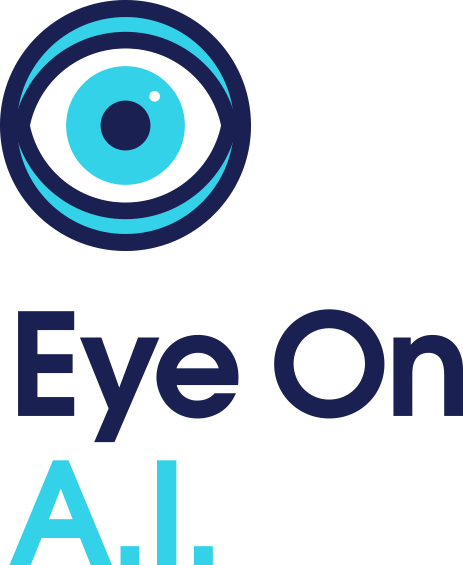Hindsait to raise USD 10m early next year
Article
HINDSAIT TO RAISE USD 10M EARLY NEXT YEAR
TIM LEEMASTER
Hindsait, the Hackensack, New Jersey-based medical services company using AI, plans to raise around USD 10m in new funding early next year, CEO and founder Pinaki Dasgupta said.
The company plans to solicit both venture capital and corporate money in the first quarter of 2019. Proceeds would be used, in part, to hire a sales team.
Currently the company is in talks to add more clients before formally approaching investors. It currently has half a dozen, which include Magellan Health, Englewood Hospital and Medical Center and New York Blood Center, and could double that number next year, Dasgupta said.
The company focuses on medical procedures and uses AI to eliminate unnecessary and often risky tests and procedures, such as CT scans, which emit around one hundred times the radiation as an X-ray, or cardiac stent surgery.
Auditing the medical coding process the healthcare industry uses in diagnosis and billing is another focus.
Hindsait will make a profit this year but Dasgupta declined to say on how much revenue, which is split evenly between the two sides of the company’s business.
The company was founded in 2013 and currently has 10 staff. Dasgupta got the idea after his sister in his native India spent 30 days in a modern Indian hospital with septicemia, a serious blood infection that put her in a coma. Not long after his son spent six hours in a hospital in the US with chest pains. Both hospital stays – one for a month and the other a matter of hours- cost about the same.
Dasgupta, who is also an amateur sculptor, was trained in the aerospace industry and had seen how digitization changed manufacturing, and wanted to apply that to healthcare.
The company previously raised funds two years ago from Chicago’s Healthbox Studio fund.
Going forward, Hindsait is researching how to help doctors and other healthcare providers augment their clinical decision making. One area the company is looking at is traumatic brain injury.
Challenges the company, and AI-focused healthcare firms in general, face include convincing larger healthcare providers their data will remain safe, and efficiently integrating the masses of healthcare data that currently exist but sit in an array of incompatible formats.

